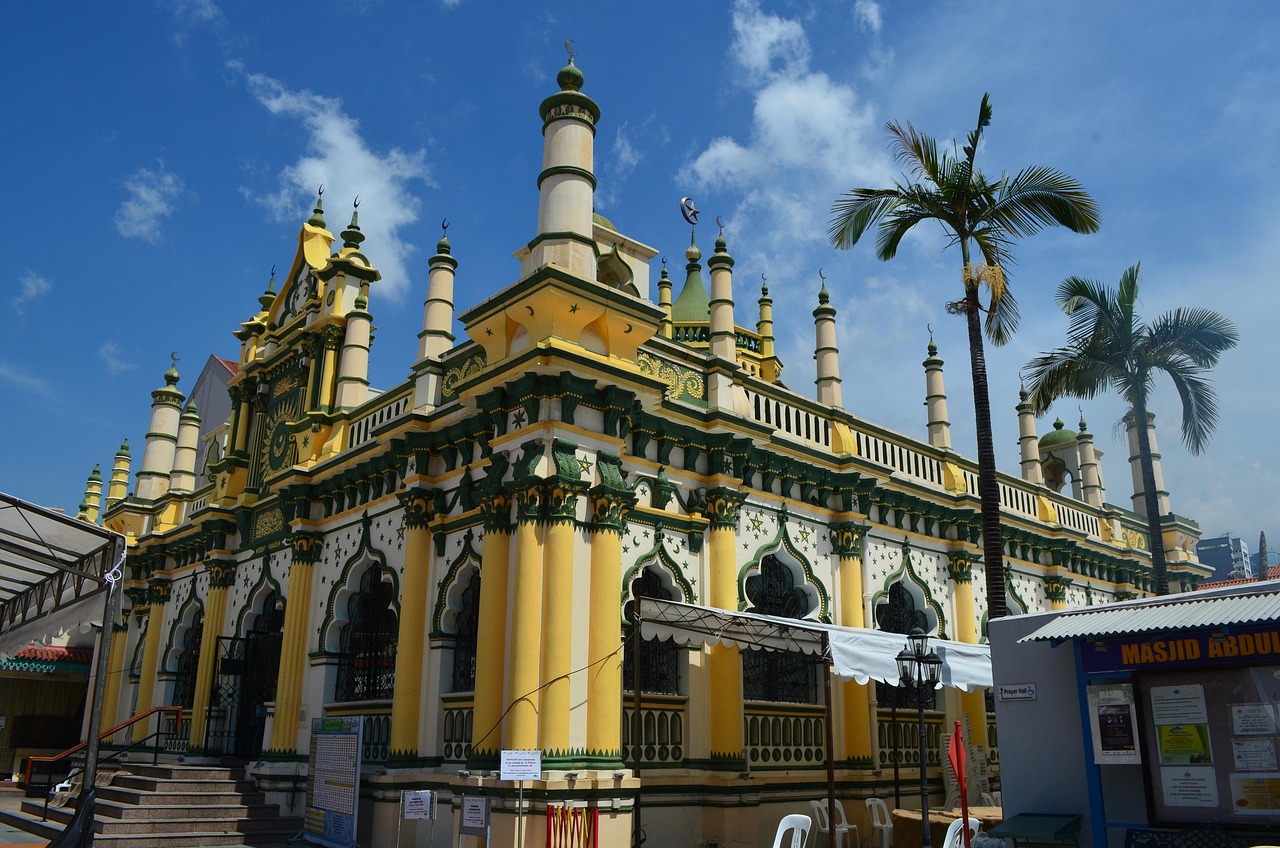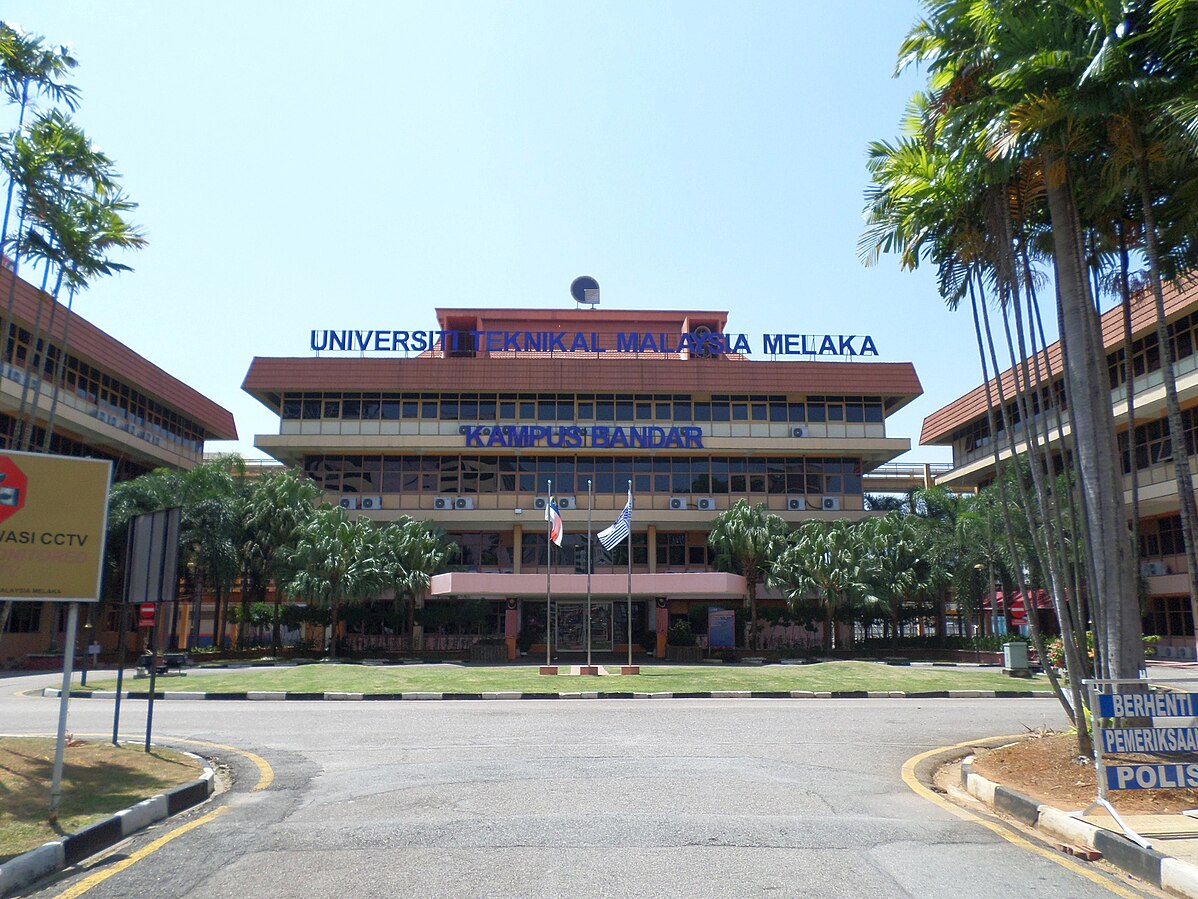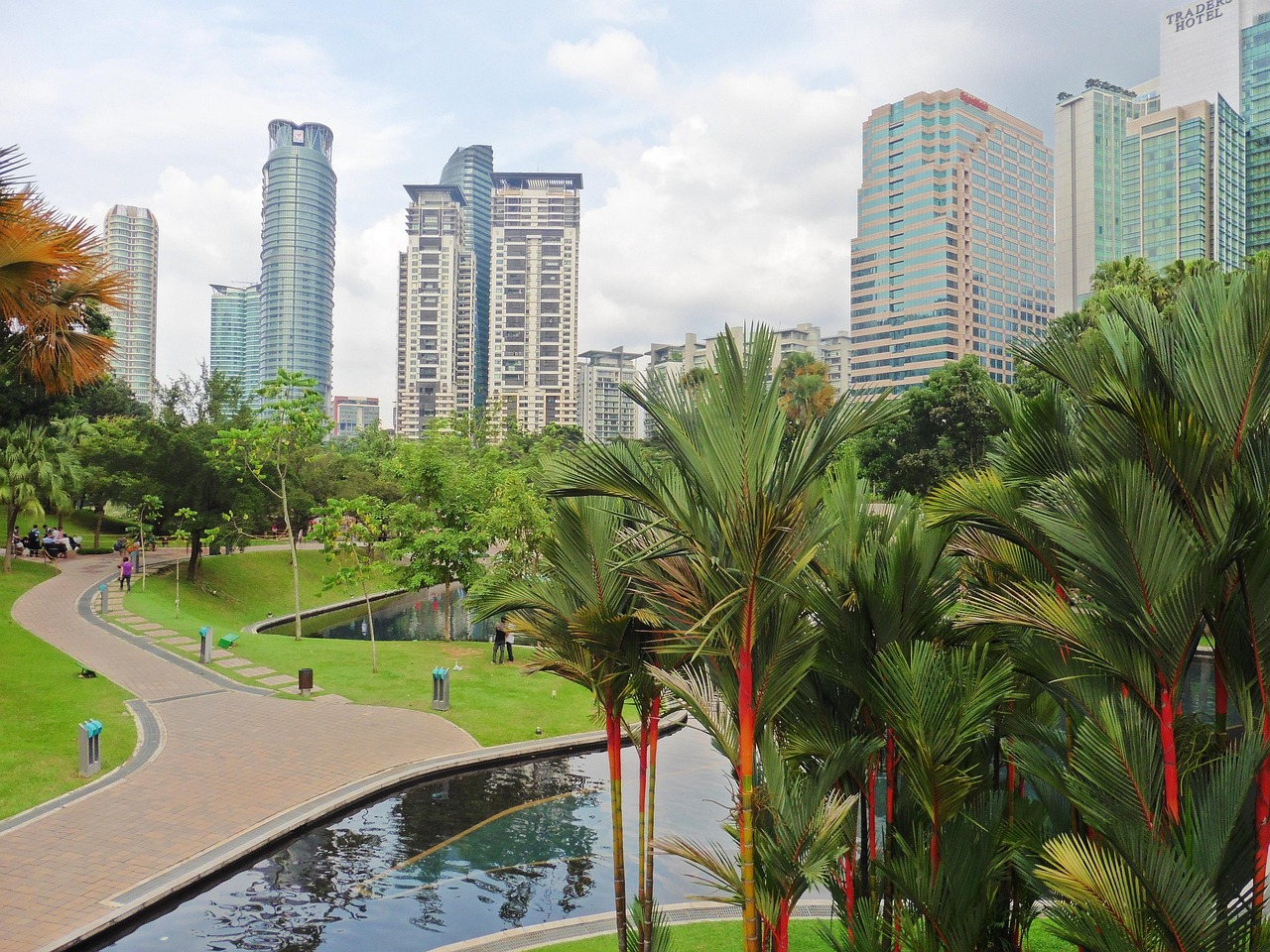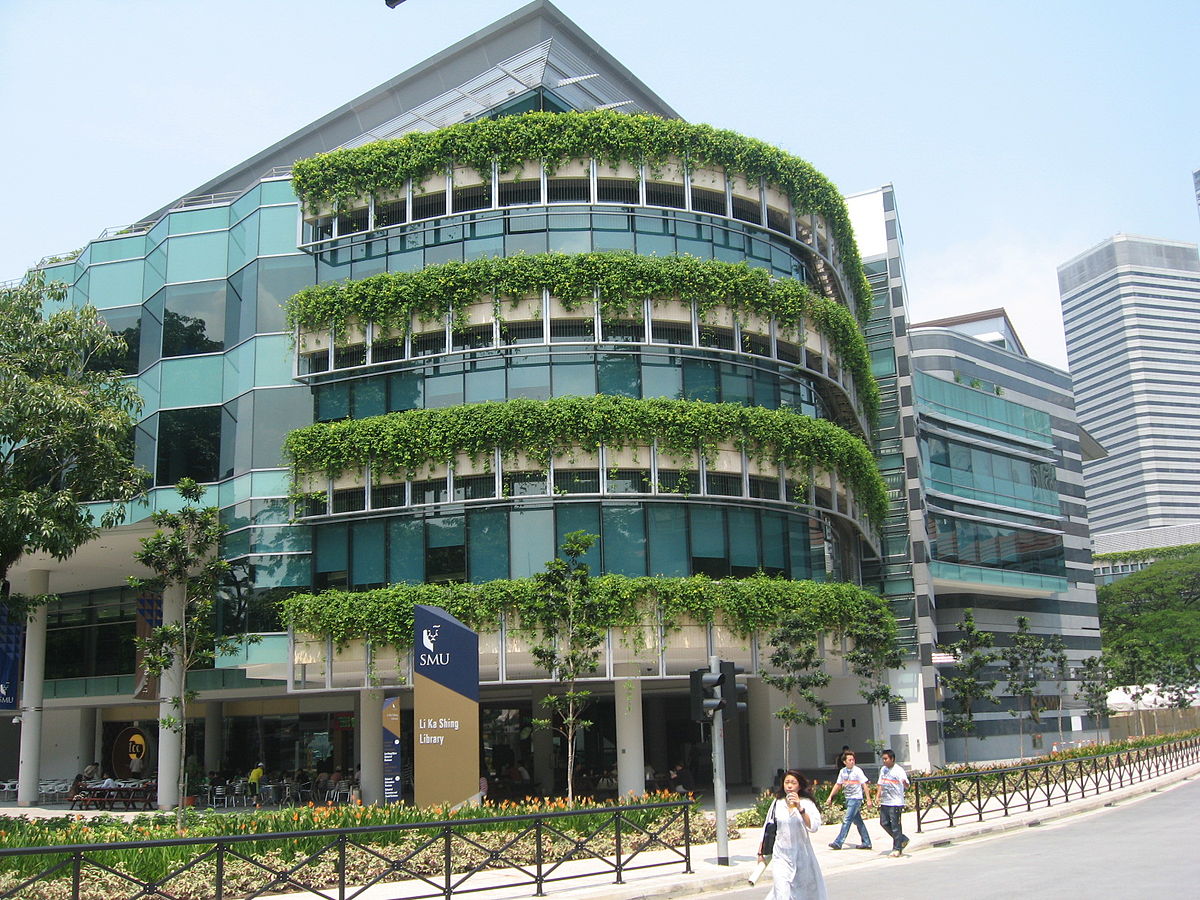Cost of Living in Singapore

Strong 8k brings an ultra-HD IPTV experience to your living room and your pocket.
Singapore has become a preferred destination for an increasing number of international students due to its quality education system, diverse cultural environment and safe social atmosphere. However, as a cosmopolitan city, the cost of living in Singapore is relatively high, so it is crucial to plan your budget well before studying abroad. Singapore has become a preferred destination for an increasing number of international students due to its quality education system, diverse cultural environment and safe social atmosphere. However, as a cosmopolitan city, the cost of living in Singapore is relatively high, so it is crucial to plan your budget well before studying abroad. The total cost of studying in Singapore for a year ranges from about S$25,000 to S$50,000. This budget covers all the necessary expenses such as tuition fees, accommodation, food, transportation and medical insurance. The exact cost will vary greatly depending on individual spending habits, the type of institution you are attending and your choice of accommodation. For most international students, tuition fees are typically the largest expense, followed by accommodation. It is worth noting that Singapore's cost of living is among the highest in the world, but with proper planning, it is possible to keep your expenses affordable.
1. Accommodation
Singapore student housing options are varied, and costs vary depending on location and type of accommodation:
On-campus hostel: SGD 400-800 per month (about RMB 2,000-4,000), suitable for new students, but places are limited.
Off-campus rental:
- Government HDB (HDB): SGD 600-1,200/month (cheaper to share)
- Private apartment: SGD 1,000-2,500/month (with pool, gym)
- Homestay: SGD 800-1,500/month (with meals)
Proximity to schools (e.g. near NUS, NTU) is more expensive. Consider areas that are a little further away but conveniently located, such as Jurong East and Clementi.
2. Catering Costs
Singapore has a wide range of catering options, from affordable hawker centres to high-end restaurants:
- School canteens/hawker centres: SGD 3-8 per meal (about RMB 15-40)
- Regular restaurants: SGD 10-20 per meal
- Cooking for yourself: about SGD 200-400 per month (supermarket price reference: eggs SGD 3/box, chicken SGD 6/kg)
Money-saving tips: Visit hawker centres more frequently (e.g., Maxwell Food Centre) or use Foodpanda/GrabFood coupons.
3. Transportation Costs
Singapore has a well-developed and reasonably priced public transportation system. One-way fares for the MRT and buses range from S$0.92 - S$2.50, and a monthly student pass costs around S$45 - S$60. Cabs start at S$3.90, and it may be more cost-effective to use online taxi services such as Grab. Most students spend between S$50 and S$100 per month on transportation. It is recommended to get an EZ-Link transportation card, which is not only convenient but also offers student discounts.
- MRT/Bus: One-way fare SGD 0.92-2.50, Student monthly pass SGD 45-60 (unlimited rides)
- Taxi/Grab: Starting fare SGD 3.50-5.00, which may increase during peak hours.
- Bicycle/Electric Scooter: Shared Bike SGD 1-2/hour
Suggestion: Purchase EZ-Link Transportation Card for student discount.
4. Tuition & Study Related Fees
Tuition fees vary greatly from school to school and program to program:
Public Universities (NUS/NTU/SMU):
- Undergraduate: SGD 8,000-20,000/year (international students)
- Master's degree: SGD 20,000-50,000/year
Private Universities (SIM/Kaplan/PSB):
- Undergraduate: SGD 10,000-25,000/year
- Masters: SGD 15,000-35,000/year
- Textbooks & School Supplies: Approx. SGD 300-800/year
- Scholarship opportunities: The Singapore government, universities and private organisations offer a wide range of scholarships that can reduce the cost of studying in Singapore.
5. Entertainment & Other Expenses
- Movie tickets: SGD 10-15
- Gym membership: SGD 80-150/month
- Cell phone bill: SGD 20-40/month (Singtel/StarHub student package)
- Travel & Weekend Activities: SGD 100-300/month set aside
6. Medical Insurance Costs
All international students are required to have medical insurance, which costs approximately S$200-500 per year. This insurance typically covers outpatient and hospitalisation expenses, with a minimum coverage of S$20,000. Some schools offer a standardised insurance plan, or students can choose their own commercial insurance that meets their requirements. It is advisable to carefully read the terms and conditions of your insurance policy to ensure you are covered for the medical services you may need.
Conclusion
Although the cost of living in Singapore is high, it can still be kept within acceptable limits through proper planning. Suggestions: Apply for an on-campus hostel or share a room in advance to reduce accommodation expenses. Utilise student discounts more frequently (transportation, dining, entertainment). Cook your own food + choose hawker centres to save on food expenses. Take advantage of part-time job opportunities (student visa allows 16 hours of work per week). Singapore not only provides world-class education but also enables you to experience multiculturalism and expand your international horizons. As long as you manage your budget well, your study abroad life will surely be both fulfilling and exciting!
Note: IndiBlogHub features both user-submitted and editorial content. We do not verify third-party contributions. Read our Disclaimer and Privacy Policyfor details.







